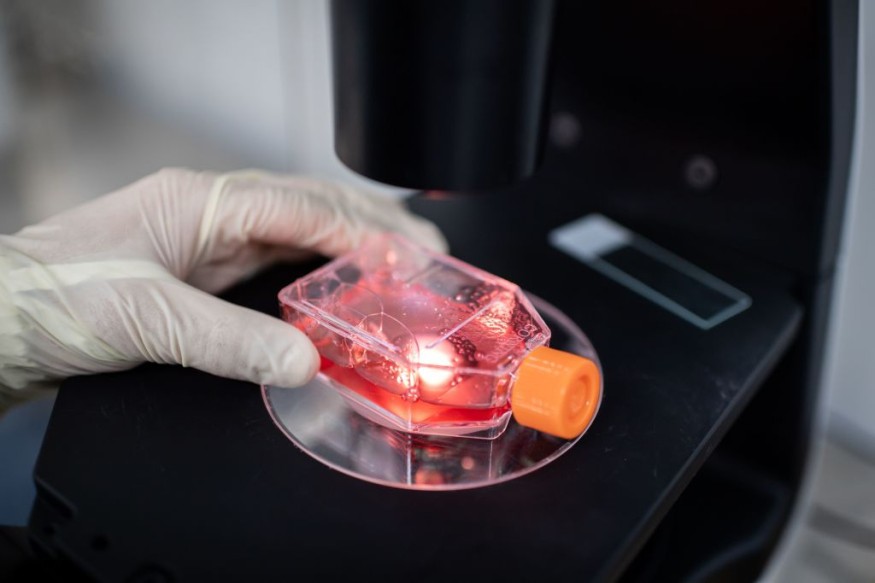Food allergies can be detrimental to one's health and may lead to health complications or even death.
However, a National Institutes of Health (NIH)-funded study discovered that allergic reactions come with benefits when it comes to help evading or lowering the risk of contracting the novel coronavirus disease 2019 (COVID-19).
The study highlighted the complex mechanisms behind our immune system.
In addition, it also explored the mitigating and aggravating risks of certain medical conditions that can affect the severity of the novel coronavirus disease, regardless of age and sex.
Still, the research underscored the importance of COVID-19 vaccines.
Since the onset of the COVID-19 pandemic in March 2020, SARS-CoV-2 transmission has increased worldwide, with first reported cases from Wuhan, China, and eventually spreading throughout North America, Europe, and Asia in the succeeding months.
The global outbreak resulted both strict local and international travel restrictions, hampering economic activities, and affecting various businesses across all sectors.
Nevertheless, a breakthrough came in the development of the first vaccines by the end of 2020.
Food Allergies and SARS-CoV-2

According to a media release by the NIH on Wednesday, June 1, a person with food allergy are less likely to get infected with SARS-CoV-2 than those people without such allergies.
The institute also added that high body mass index (BMI) and obesity increases infection risk.
On the other hand, the NIH stated that having asthma does the opposite effect as it does not raise the infection risk as previously thought.
However, the prevailing research that unvaccinated individual with medical conditions is still at high risk from experiencing health complications in the form of severe or lethal COVID-19 symptoms, such as shortness of breath, fatigue, and fever.
The findings of the NIH-funded study was conducted by the Human Epidemiology and Response to SARS-CoV-2 (HEROS).
It has been published in the Journal of Allergy and Clinical Immunology, wherein researchers also found that children aged 12 years old or younger also susceptible to the virus.
However, 75% of infections among children are asymptomatic.
HEROS Study
Between May 2020 and February 2021, scientists from the HEROS study monitored SARS-CoV-2 infection to over 4,000 people in almost 1,400 households in 12 cities across the United States.
The age of the participants are 21 years old and below.
The said subjects were recruited from other existing NIH-funded research focusing on allergic diseases, including allergic rhinitis, food allergy, asthma, and eczema.
Given the said period, the study took place at a time before widespread COVID-19 vaccines were rolled out to the general public.
The pre-vaccine surveillance on the participants allowed the research team to independently analyze their results.
COVID-19 Cases
According to the global map of Johns Hopkins University, the total number of confirmed cases of COVID-19 worldwide has reached 530 million and confirmed deaths of almost 6.3 million as of Thursday, June 2.
In the US, latest COVID-19 report noted that there are a total of 84 million confirmed cases and 1 million deaths.
California has the highest number of reported cases and fatalities followed by Texas and Florida, according to The New York Times.
Related Article : Fatigue, Other Side Effects Gone with New COVID-19 Vaccination Method
© 2025 NatureWorldNews.com All rights reserved. Do not reproduce without permission.





